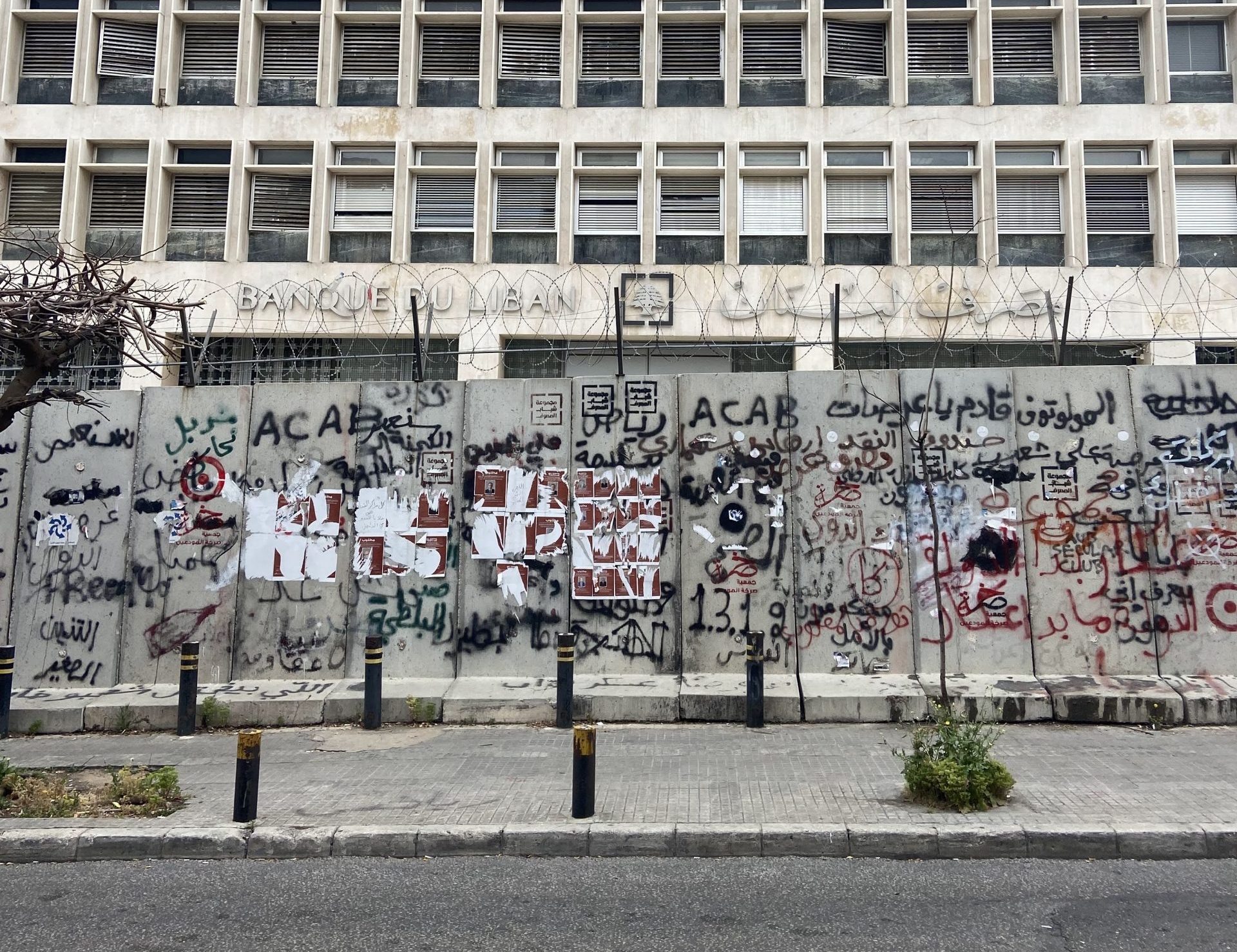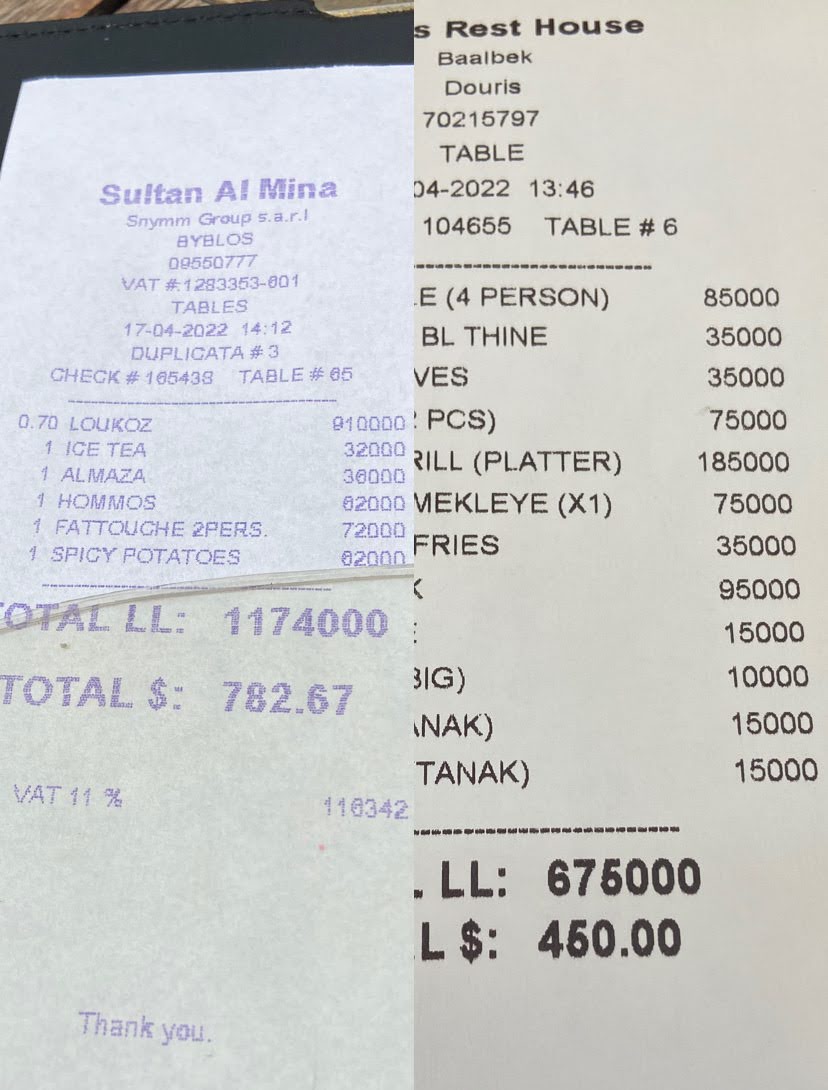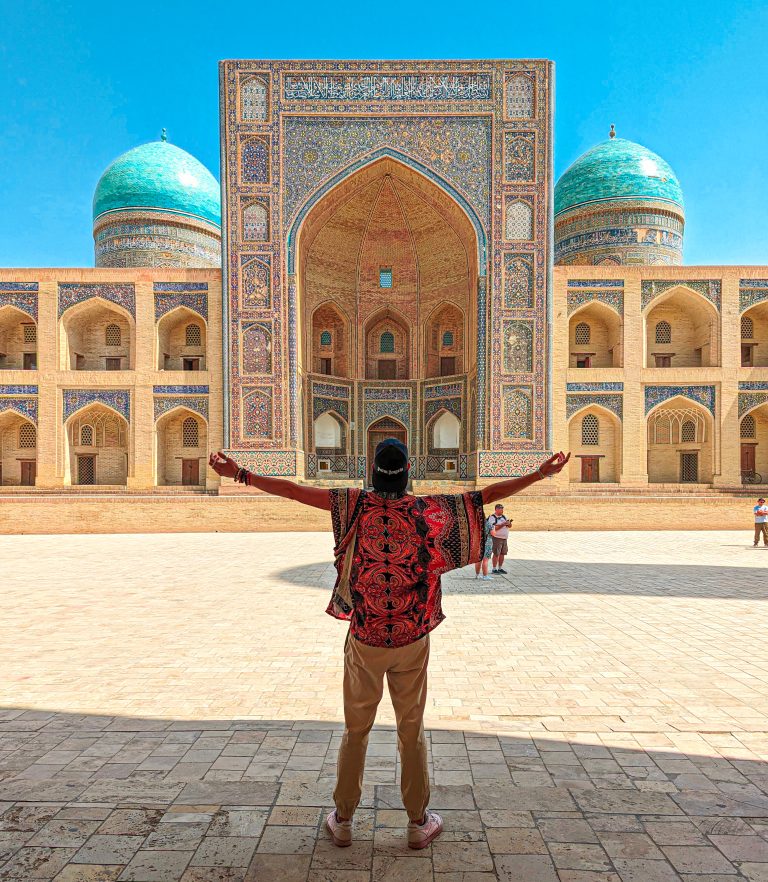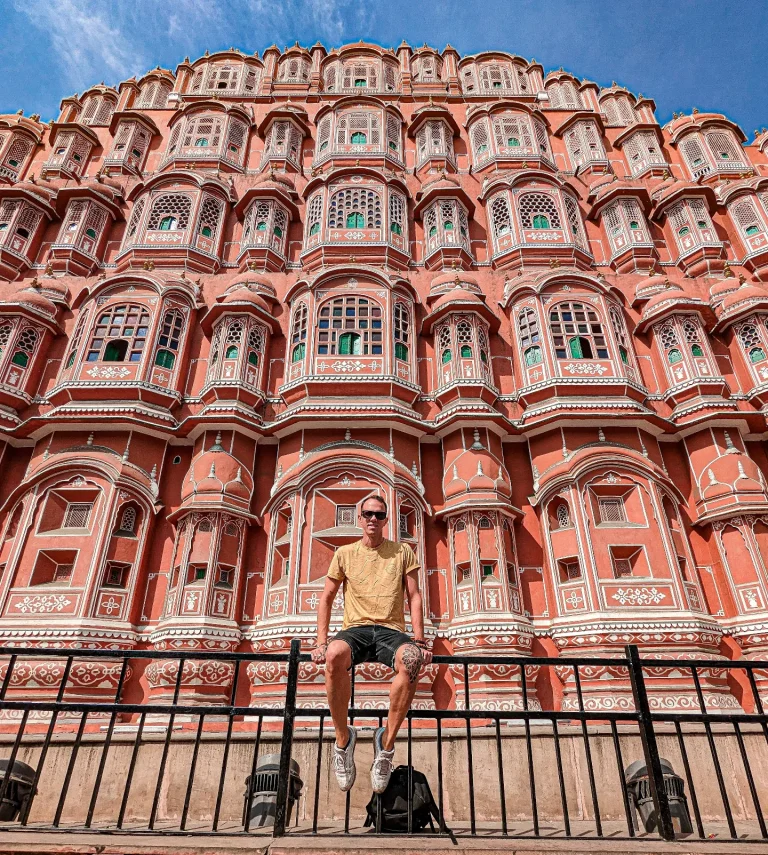Exchange Money In Black Market Lebanon

This is probably one of the most relevant posts I’ve ever done, for the simple fact that if I hadn’t done a bit of research prior to boarding the plane, a short five-day trip would have turned into an economic drain. Here I explain why:
Everything you need to know before taking your plane to Lebanon:
- Lebanese economic context
- Official exchange rate
- Black market exchange rate Lebanon
- Implications of the current situation
- Where to exchange money in Lebanon
- What to do if you run out or short of cash
Lebanese economic context
Lebanon was for many years one of the most prosperous countries in the Middle East. For many years it enjoyed economic prosperity and growth, receiving the nickname of the Switzerland of the Middle East.
The Lebanese Lira began in the 1920s worth around 3 USD, little by little over the years the American economy strengthened and the dollar appreciated, while the Lebanese pound lost value, reaching 1,500LBP = 1USD in the mid-1990s.
Lebanon was a country that grew and received investments after a non-existent economic bubble, the country was bankrupt and this bubble burst in 2019. When the value of the Lebanese pound began to collapse, even so the government did not want to recognize it and kept it fixed at 1,500LBP = 1USD in the official markets.
This has generated a failed banking system that froze citizens’ accounts to finance the government and a collapse of the economy. What generated the appearance of the so-called black market or street price.
The following information is as of April 2022 and may be out of date
Official exchange rate
It is simple, typical of official exchange used by banks and financial markets.
If you search in Google you will see the 1,500LBP = 1USD that we mentioned in the previous section and this is the exchange rate that the country proclaims, and it is also the exchange rate that you will find when you receive the receipt for any purchase or meal in a restaurant, since they always usually show you the two coins.

It is also the exchange rate that you will use if you make any purchase with a bank card.
Black market exchange rate in Lebanon
The black market is the type of exchange that is paid on the street, do not imagine yourself going to an alley to exchange money and being afraid of being robbed, no. It is the exchange rate used by people, Western Union and all businesses, except government and financial entities.

So if you go to an exchange house with your dollars (or euros, the two main accepted currencies) it will refer you to this exchange rate that you can find at this link among many others. At the current time 24,600LBP = 1USD, 1,540% higher than the official exchange rate.
Implications of the current situation
What implications does this situation have for tourists? This disconnection between the real price and the theoretical one means that if you withdraw 1 dollar from an ATM you will receive 94% less pounds than if you carry cash and exchange money on the black market. It means that a coffee and a croissant in cash are worth 3 USD, but if you pay by card you will have the most expensive breakfast of your life 75 USD.

What implications does this situation have for locals? Apart from the economic difficulty that this entails for the country, the biggest victims are the workers of public entities, leaving politicians aside, a military man who used to earn a very decent salary of 700 dollars at the exchange rate, with this official exchange rate now earns 45 dollars, while there has been an inflation of 230% in recent years and the currency has devalued 94%.
Advantages of this last point for the tourist? Any entrance fee to any government temple or archaeological site is now worth pennies.
Where to exchange money in Lebanon
Any establishment or business will accept dollars or euros with total security, otherwise there are exchange houses throughout the city and they use the same prices with total certainty. Western Union or OMT are the most popular, but even the taxi, the hostel or your guide can change money for you. For locals, like gold, the dollar is a refuge currency to protect themselves from the devaluation of the Lebanese pound.
What to do if you run out or short of cash
You can make the mistake of not having informed yourself before or simply of having overlooked it, in fact, many times I travel without cash or with very little cash and I withdraw from ATMs.
In the event that you do not carry cash or do not carry enough, I recommend that you contact someone from your country and send you USD or EUR through Western Union and take them out at any of their establishments, they have a fixed commission of 2% plus some other type of commission, but it is a better option than withdrawing from an ATM.


